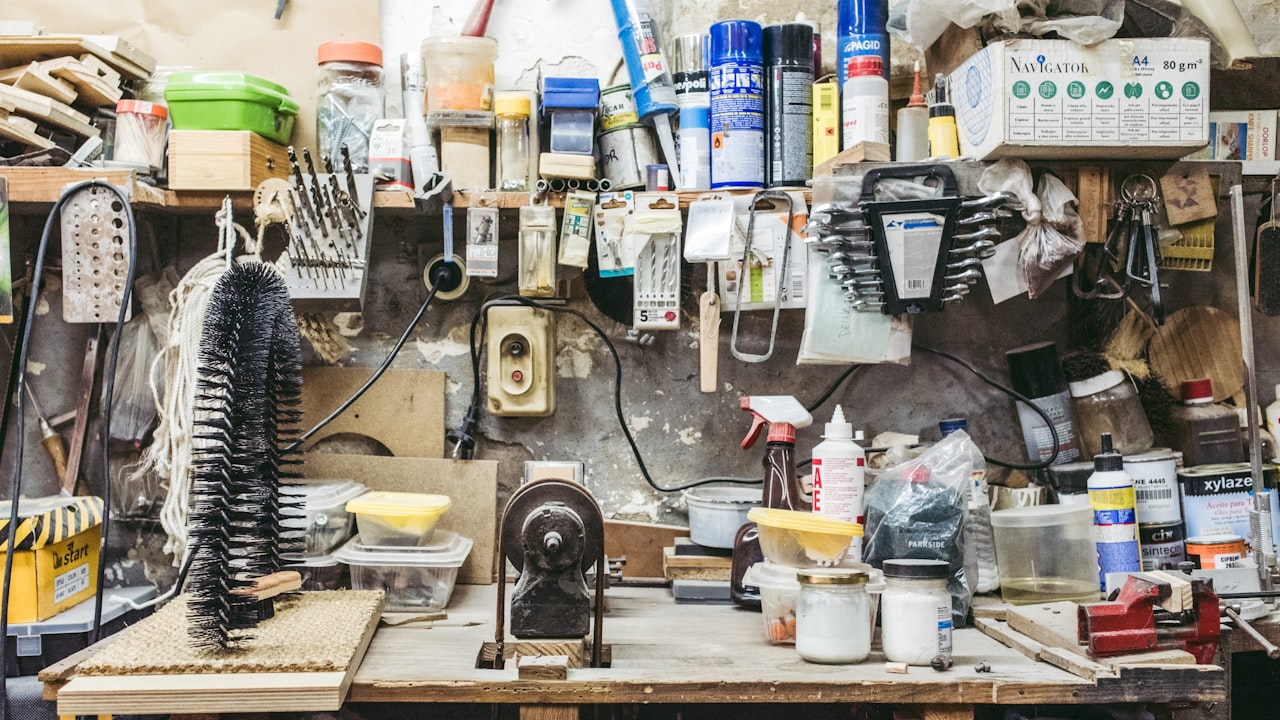Title: Revolutionizing the Pharmaceutical Industry with Advanced Drug Manufacturing Technologies
Pharmaceutical manufacturing has witnessed a significant transformation in recent years with the advent of advanced drug manufacturing technologies. Among the key innovations driving this revolution are table press machines, capsule filling machines, TDP (Tablet Press Machine), and THDP (High-Speed Tablet Press Machine). These cutting-edge machines have redefined the way medications are produced, offering enhanced efficiency, precision, and quality control in the pharmaceutical industry.
Table press machines, also known as tablet presses, play a vital role in pharmaceutical manufacturing by compressing powdered ingredients into solid tablets of precise sizes and shapes. These machines employ various mechanisms, such as single-punch or rotary presses, to create tablets at high speeds with consistent quality. The modern table press machines are equipped with advanced features like automatic lubrication systems, touchscreen interfaces, and real-time monitoring capabilities, enabling pharmaceutical companies to streamline their production processes and reduce manufacturing costs.
Capsule filling machines have also revolutionized drug manufacturing by automating the encapsulation process. These machines can accurately fill empty capsules with specific doses of powdered or granulated medications, ensuring uniformity and dosage accuracy. With adjustable filling speeds and customizable capsule sizes, capsule filling machines offer pharmaceutical manufacturers the flexibility to produce a wide range of medications efficiently.
TDP and THDP machines represent the latest evolution in tablet press technology, enabling pharmaceutical companies to achieve higher production speeds and output volumes while maintaining precise tablet specifications. The TDP machines are designed for medium-scale production, offering fast compression cycles and quick tooling changeovers. On the other hand, THDP machines are high-speed tablet presses capable of producing thousands of tablets per minute, meeting the demands of large pharmaceutical manufacturers for mass production of medications.
In addition to enhancing productivity and efficiency, these advanced drug manufacturing technologies have significantly improved the quality and safety of pharmaceutical products. By ensuring uniformity in tablet size, weight, and dosage, table press machines and capsule filling machines help minimize dosage variations and reduce the risk of medication errors. The precise control and monitoring features of TDP and THDP machines further enhance product quality by detecting and correcting any deviations in tablet specifications during the manufacturing process.
Overall, the integration of table press machines, capsule filling machines, TDP, and THDP technologies has revolutionized pharmaceutical manufacturing, making it more efficient, cost-effective, and quality-driven. These innovations have not only accelerated the production of medications but also raised the industry standards for drug quality and safety. As pharmaceutical companies continue to leverage advanced manufacturing technologies, we can expect further advancements in drug production processes and the development of novel therapies to meet the evolving healthcare needs of the global population.

 Title: “The Role of Pharmaceutical Machinery in Drug Manufacturing Process”
Title: “The Role of Pharmaceutical Machinery in Drug Manufacturing Process”



